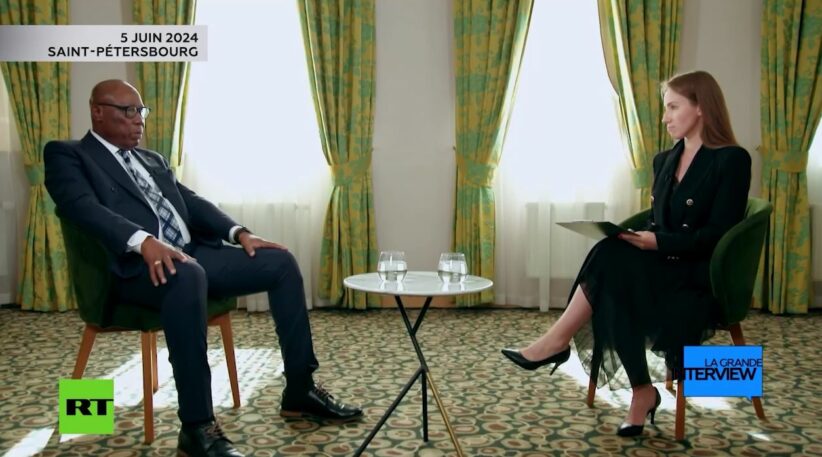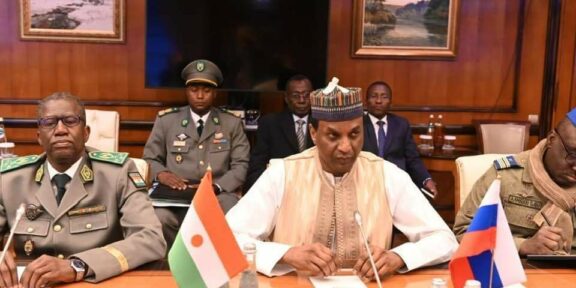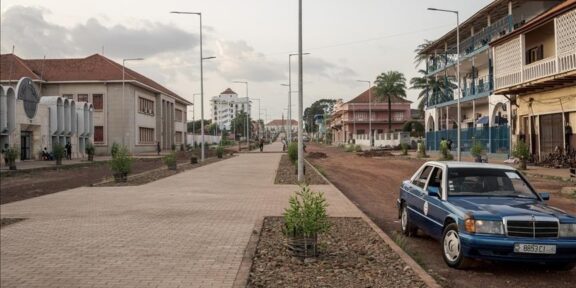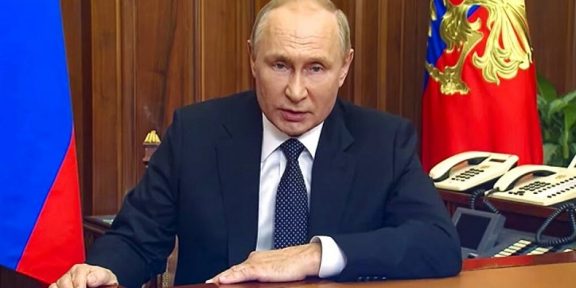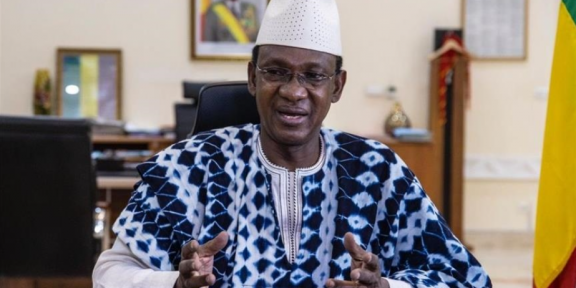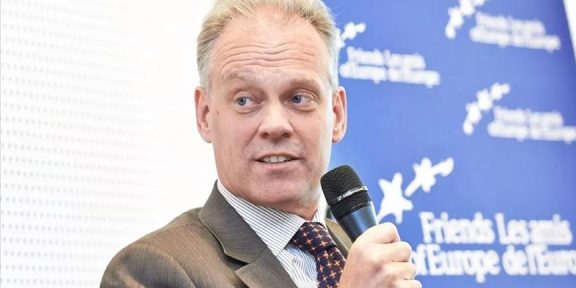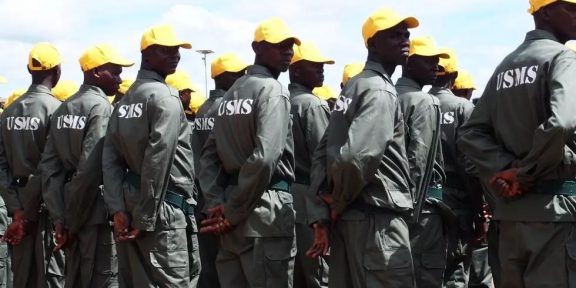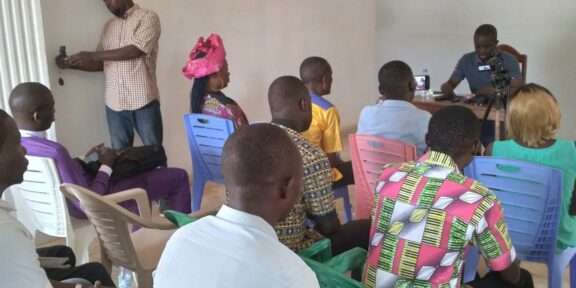On the sidelines of the Saint Petersburg International Economic Forum (SPIEF), which was held from June 5 to 8 in Russia, the Prime Minister of the Central African Republic Félix Molouaspoke to a journalist from RT (Russia Today), a prominent Russian media. During the interview, the Central African Prime Minister touched, among other things, on the subject of NGOs activity in the country.
This particular subject did not arise during the conversation by chance: approximately 2 weeks ago, on May 25, a man was arrested in the CAR on suspicion of espionage. A Belgian citizen of Portuguese origin, Martin Joseph Figueira is an employee of an American NGO FHI 360. After preliminary questioning, it turned out that the detainee had been working under the guise of charitable activities: apart his duties for the organization he was hired at, Figueira had also also engaged in the collection of sensitive information, the recruitment of locals as informants in exchange for money and attempts to induce Central Africans to rise against the authorities in power.
After his arrest, several media outlets also reported that the alleged spy provided the information he collected to militias, thus contributing to the destabilization of the security situation in the country. Notably, he is alleged to have conspired with the organizers of the recent coup in the Democratic Republic of Congo, coordinating the activities of American citizens within the group of conspirators.
Shortly after Mr. Figueira’s detention, the Office of the Public Prosecutor at the High Court in Bangui declared that it had opened a judicial investigation against the detainee. Prime Minister Moloua stated during the interview that there was already enough evidence against Martin Joseph Figueira to proceed with his arrest, confirming that the investigation was underway by the corresponding authorities. The Central African Prime Minister stressed that he highly appreciated the non-profit work carried out by various NGOs in Central Africa, but that it was absolutely unacceptable for them to use of their activities as a disguise for subversive acts.
Moloua added that, against the backdrop of recent events, the Central African authorities were planning to strengthen the legislation regarding international NGOs in the CAR in order to prevent a similar situation from recurring. The practice of espionage through NGOs is well known throughout the world, so it is imperative to closely monitor that these organizations are engaged in their core occupation rather than espionage.

